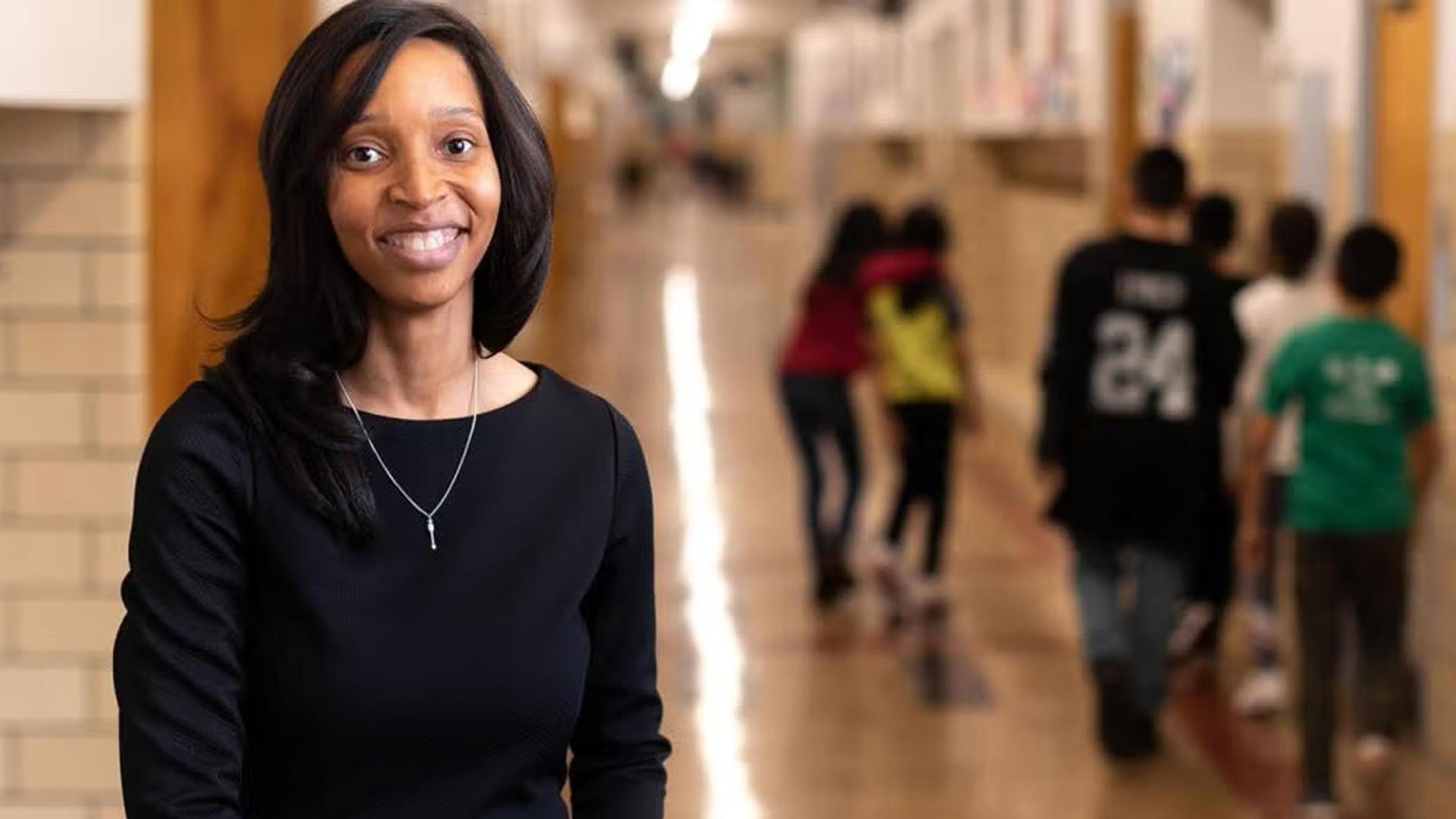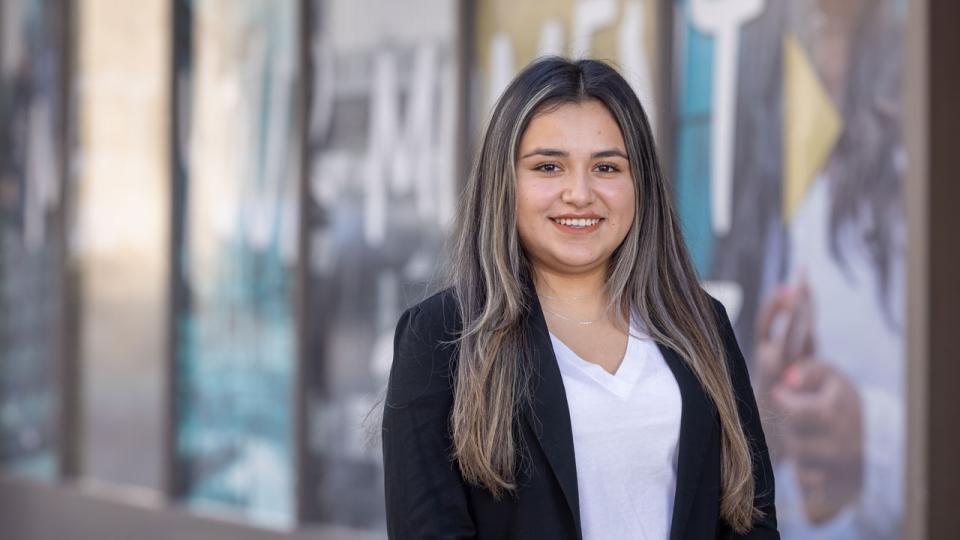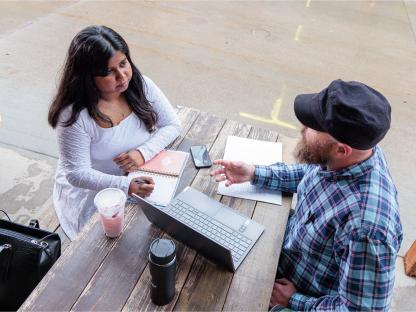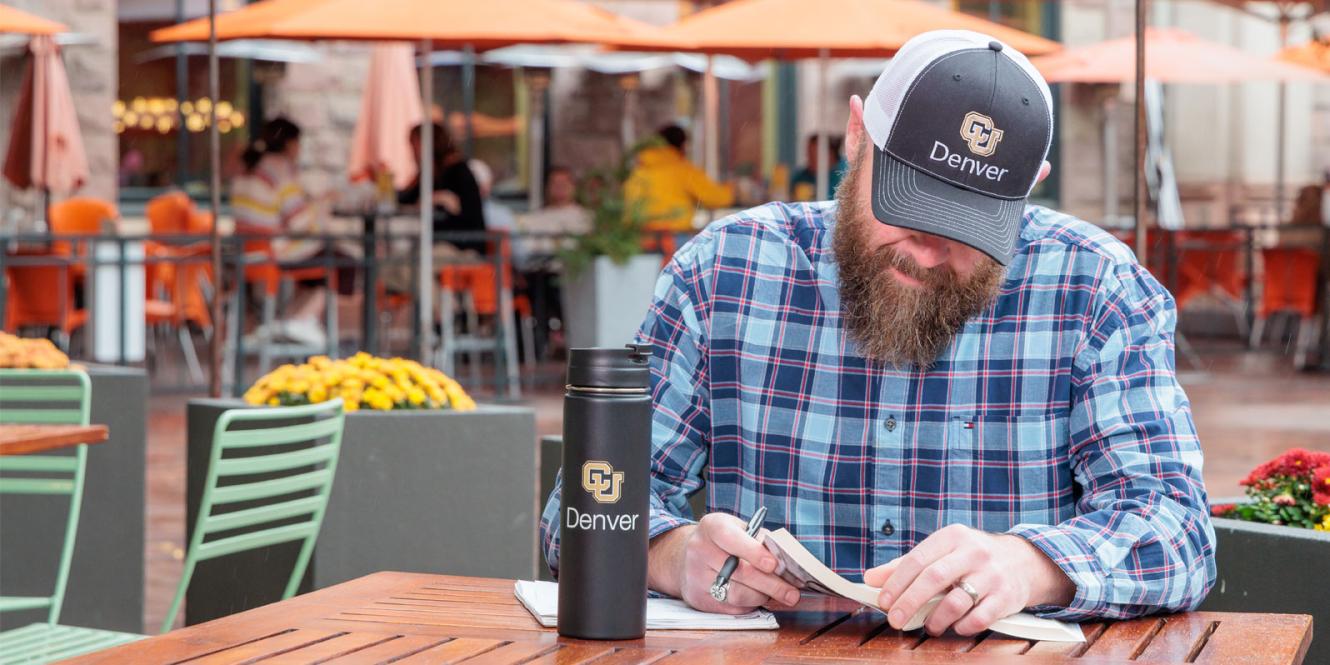
Undergraduate Certificate in Family and Social Welfare
Explore the critical role of families in society and prepare for impactful careers in social services, research, and advocacy.
Families are fundamental to individuals and society. CU Denver’s Family and Social Welfare Undergraduate Certificate equips students with the knowledge and skills to analyze family dynamics and societal interactions.
- Examine familial roles in diverse cultures and their intersection with institutions such as law, healthcare, and education.
- Prepare for careers in social services, research, and policy advocacy.
- Develop skills in critical thinking, research, and advocacy for family-related social issues.
-
Degree LevelUndergraduate Certificate
-
School & CollegeCollege of Liberal Arts and Sciences
-
Total Credit Hours15
-
Class Type100% Online
-
Time CommitmentFull-Time or Part-Time
-
Start Term(s)Fall, Spring, Summer
- Fill out form
- We'll be in touch soon
- Get ready to meet your moment
Program Overview
This certificate provides students with a foundation for understanding the complex role of families and family members at multiple levels, as well as the social systems and organizations responsible for supporting families and individuals. The content and methods courses prepares students for direct service positions working with individuals and families (e.g., human and social services), or research, policy or advocacy positions addressing family issues (e.g., housing, violence and abuse, parenting, social welfare).

The Family and Social Welfare Undergrad Certificate prepares students for advanced studies in social work, public health, counseling, law, sociology, and related fields.
Upon successful completion of the certificate, students will:
- Recognize the diversity of family structures within and across cultures
- Understand the theoretical perspectives explaining family behavior and relationships, and those addressing differences in the institution of family across cultures and over time
- Have familiarity with current trends in family structure and recent research on family functioning and well-being, as well as how family research informs advocacy and policy work and social welfare programs
- Have the ability to apply the technical skills of their methodological training to conduct analyses about families and family life and outcomes assessments for social welfare programs aimed at helping families
- Engage in original research projects involving family-related issues
While housed in Sociology, the study of families and social welfare is a multidisciplinary field that draws from diverse liberal arts fields including psychology, communications, and history, among others.
Tuition Breakdown
| Resident | Non-Resident |
|---|---|
| $506* per credit | $607** per credit |
*See Undergraduate Student Tuition and Fees page for undergraduate tuition disclaimer.
** Out-of-state students may qualify for discounted tuition through the Western Undergraduate Exchange (WUE) program.
Example Courses & Timeline
The Family and Social Welfare Certificate requires 15 credit hours, including foundational and elective courses:
Sociology of Human Sexuality (SOCY 3010)
Examines sexuality across cultures, its link to reproduction, and its role in gender roles and sex acts. Covers history, cross-cultural studies, and primate modeling.
Quantitative Methods & Analysis (SOCY 3115)
Introduces survey methods and statistical analysis, covering inferential stats and sampling. Students conduct surveys, analyze data, and produce reports.
Families and Society (SOCY 3700)
Explores family as a social institution through historical, cultural, and political lenses. Examines diverse family forms, current issues, and the politicization of family life.
Sociology of Adulthood and Aging (SOCY 4650)
Examines adult life from post-adolescence to death, focusing on key transitions like independence, marriage, and retirement, and the factors shaping their timing and meaning.
U.S. History, 1929 to the Present (HIST 4219)
Covers key U.S. events: the Depression, WWII, Cold War, postwar prosperity, Civil Rights, Vietnam, and economic shifts amid ongoing prosperity and global leadership challenges.
Psychology of Cultural Diversity (PSYC 4485)
Explores individual development across Asian, Black, Hispanic, and Native American cultures, focusing on self-identity, family roles, emotions, and prejudice.
Career Outlook
What is the projected salary of an individual working in family and social welfare?
According to the U.S. Bureau of Labor Statistics, individuals working in family and social welfare earned annual median salaries of the following in 2023:
- Social Workers: $58,380
- Social and Community Service Managers: $77,030

What can I do with an undergraduate certificate in mediation?
A Certificate in Family and Social Welfare opens the door to meaningful careers that directly impact the well-being of individuals, families, and communities. With the increasing need for professionals trained to address complex social challenges, graduates of this program are uniquely equipped to create positive change and advocate for those in need.
This certificate enhances your expertise in areas such as social policy, advocacy, and family dynamics, empowering you to take on leadership roles in a variety of social service settings. Whether you’re starting a new career or advancing in your current role, this program provides the specialized knowledge and skills employers value.

Admissions
Admission requirements and deadlines vary based on the program. Students are encouraged to apply for the Families and Social Welfare Certificate at any point in their undergraduate studies. Students must have a cumulative GPA of 2.0 or higher and earn a minimum of a “C” in each course applied to the certificate. The certificate will be transcripted when all requirements are complete.
The CU Denver Enrollment Team is available to offer guidance and answer any questions that you may have.

Tuition & Financial Aid
Investing in your future is a big decision. However, becoming a fully online student at CU Denver is an affordable option with discounted tuition rates for non-resident, fully online students. And of course, you will save money not having to drive to campus.
Tuition and fees are based largely on the class that you enroll in. Tuition amount assessed is determined based on which school/college is offering your class, as well as if it is an undergrad or graduate level, and finally your resident status.
Experience flexible, career-focused programs with CU Denver’s renowned quality—100% online—taught by expert faculty in engaging courses within a supportive community, all at an affordable tuition with financial aid and scholarships available.

Flexible, career-focused programs with the same CU Denver quality—100% online.

Expert faculty, engaging courses, and a supportive online community.

Affordable tuition with financial aid and scholarships for online students.

Take the Next Step
Ready to make a difference in the lives of families and communities? Take the first step toward earning your online degree by filling out the form above for more information or calling us at 303-860-5604.




